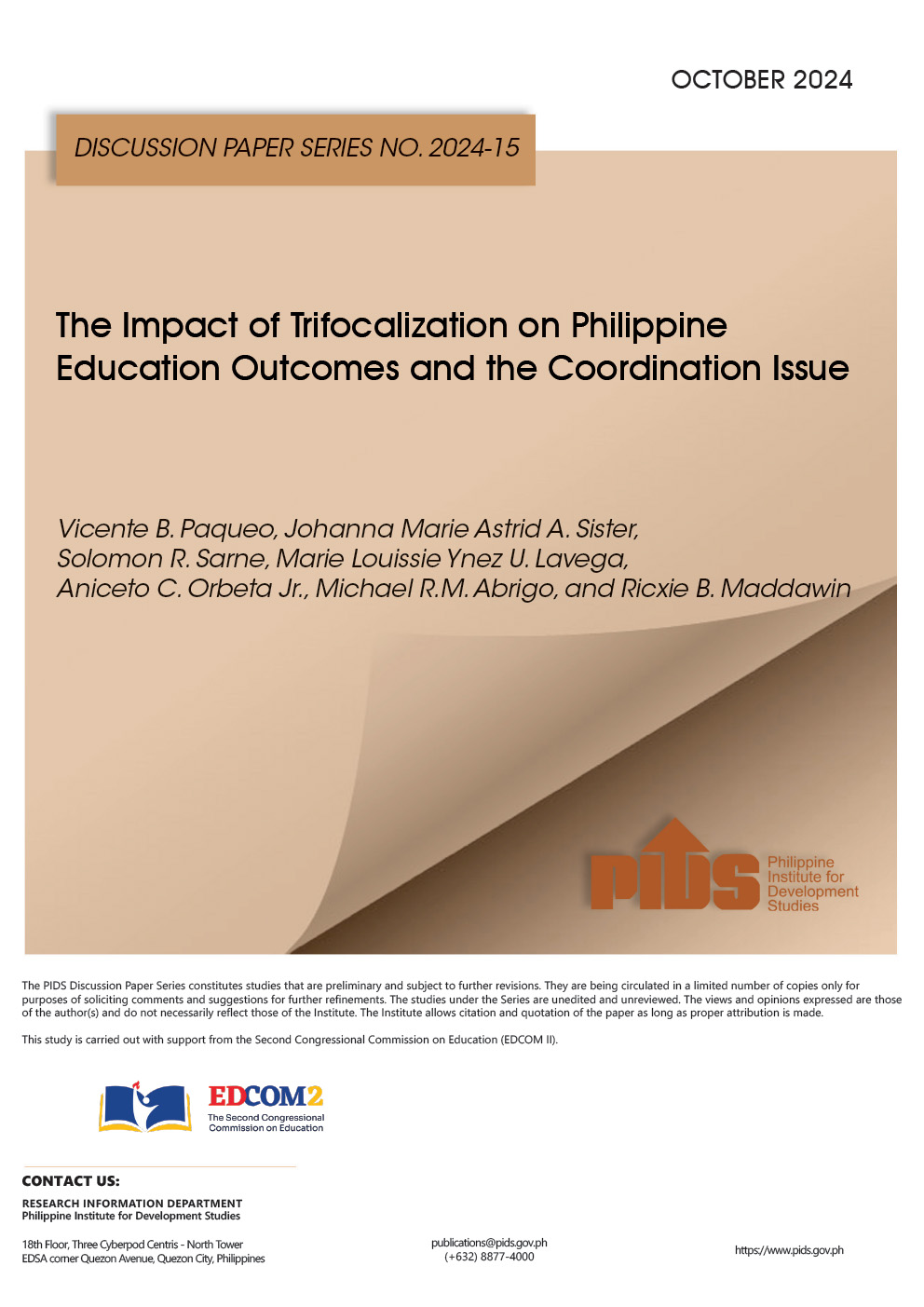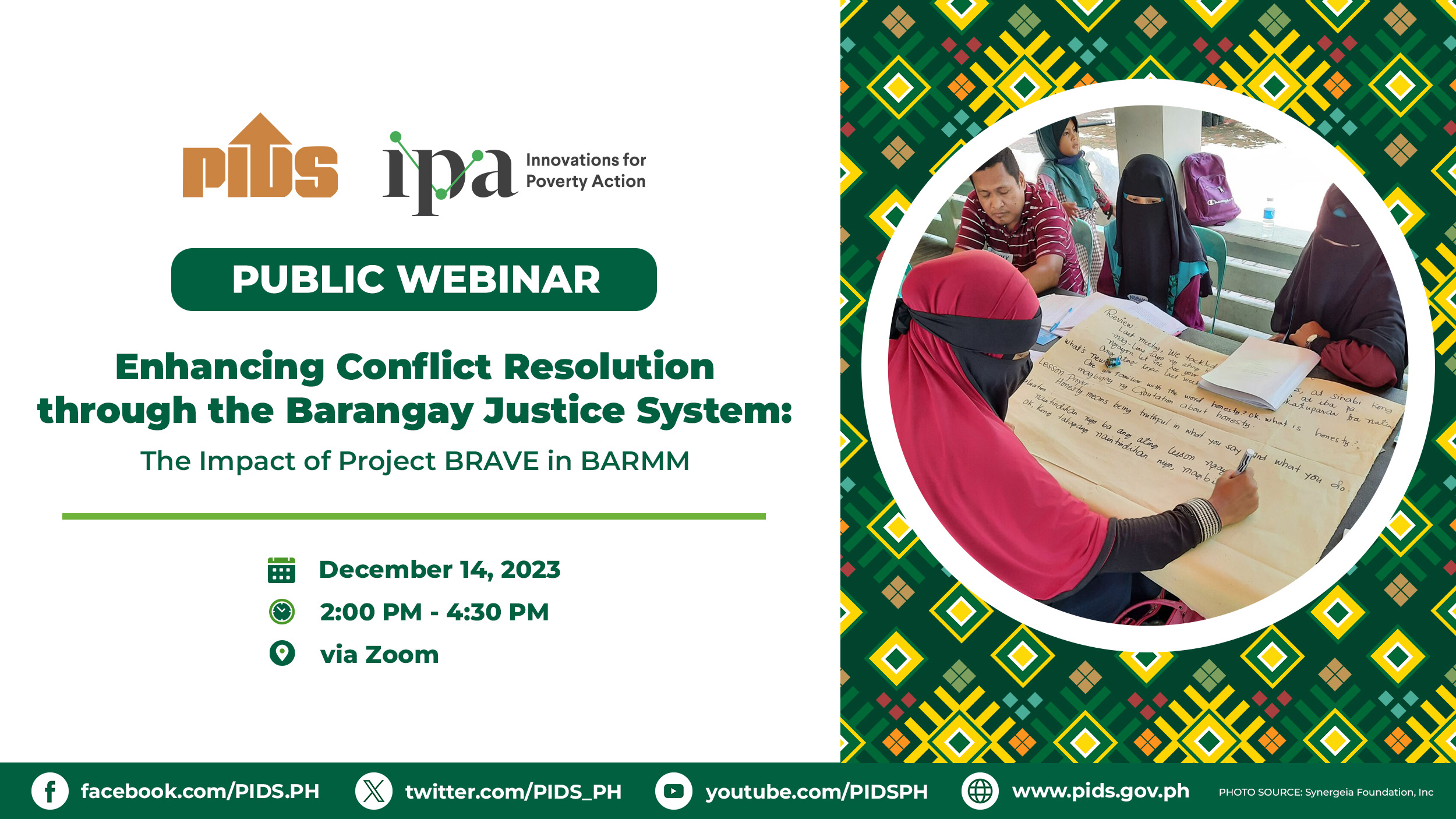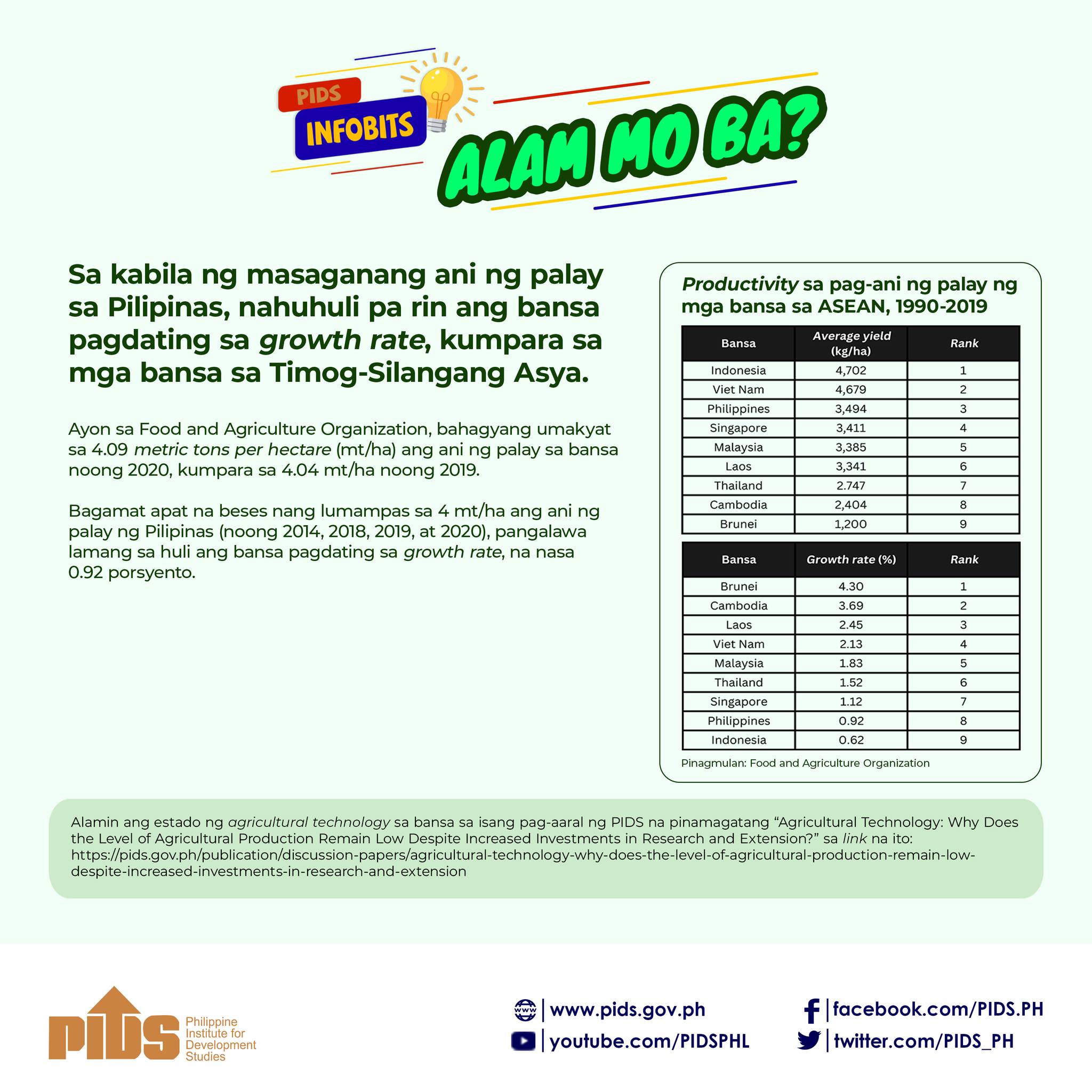MANILA, Philippines - While small and medium enterprises (SMEs) are seen as one of the main engines of the Philippine economy, the sector has remained weak in the past decade due to financial and institutional constraints and stiff competition with larger enterprises.
Thus, developing a support system at the community level would address social issues and provide the necessary stimulus for SMEs to move forward, the Philippine Institute for Development Studies (PIDS) said.
About 99.6 percent of Philippine-registered enterprises are SMEs, which contribute about almost two-thirds of the total jobs market.
In a study authored by Leonardo A. Lanzona Jr., a PIDS consultant and the director of the Ateneo Center for Economic Research and Development, the SMEs were found to have a low contribution to employment growth.
"Research evidence shows small firms make a disproportionately large contribution to job creation, given the percentage of the workforce they employ,” he said.
Lanzona said many small firms last relatively short, only three to five years.
"Most SMEs are presently in the ‘at risk’ or ‘insulated’ categories, and adapting to the increasing competitive pressure brought by open regionalism remains to be their biggest challenge,” he said.
Furthermore, Lanzona pointed out the lack of capital and financial support hinder SMEs to access better technology and quality inputs.
"Hence, direct interventions toward poverty reduction in the form of public goods are expected to support SMEs and to raise growth,” he said.
This intervention can be in the form of social enterprises (SEs) or small- and medium-sized commercial businesses that provide valuable social service to customers, and sustainable jobs and training for up to about 200 people.
It employs a blended workforce, consisting of non-government organizations (NGOs) and other community institutions working with production units, which are often from disadvantaged backgrounds.
Lanzona said these stakeholders are often struggling to maintain work in competitive labor markets due to their disability, mental illness, age, cultural background, housing status, or other barriers.
"SEs operate in markets to address social needs and reduce inequality, recognizing that this has value. In addition, the ability of an SE to create new innovations can be used to link their production activities to the global value chain,” he said.
The NGOs and international trade arrangements like the Asia-Pacific Economic Cooperation (APEC) could help these enterprises to reach the global value chain.
Lanzona said APEC can help in the technical know-how and infrastructure, including disaster relief and mitigation measures.
"Meanwhile, NGOs, given their expertise and broad connection, can link these SEs and production units (household enterprises) into the global value chain,” he said.//












